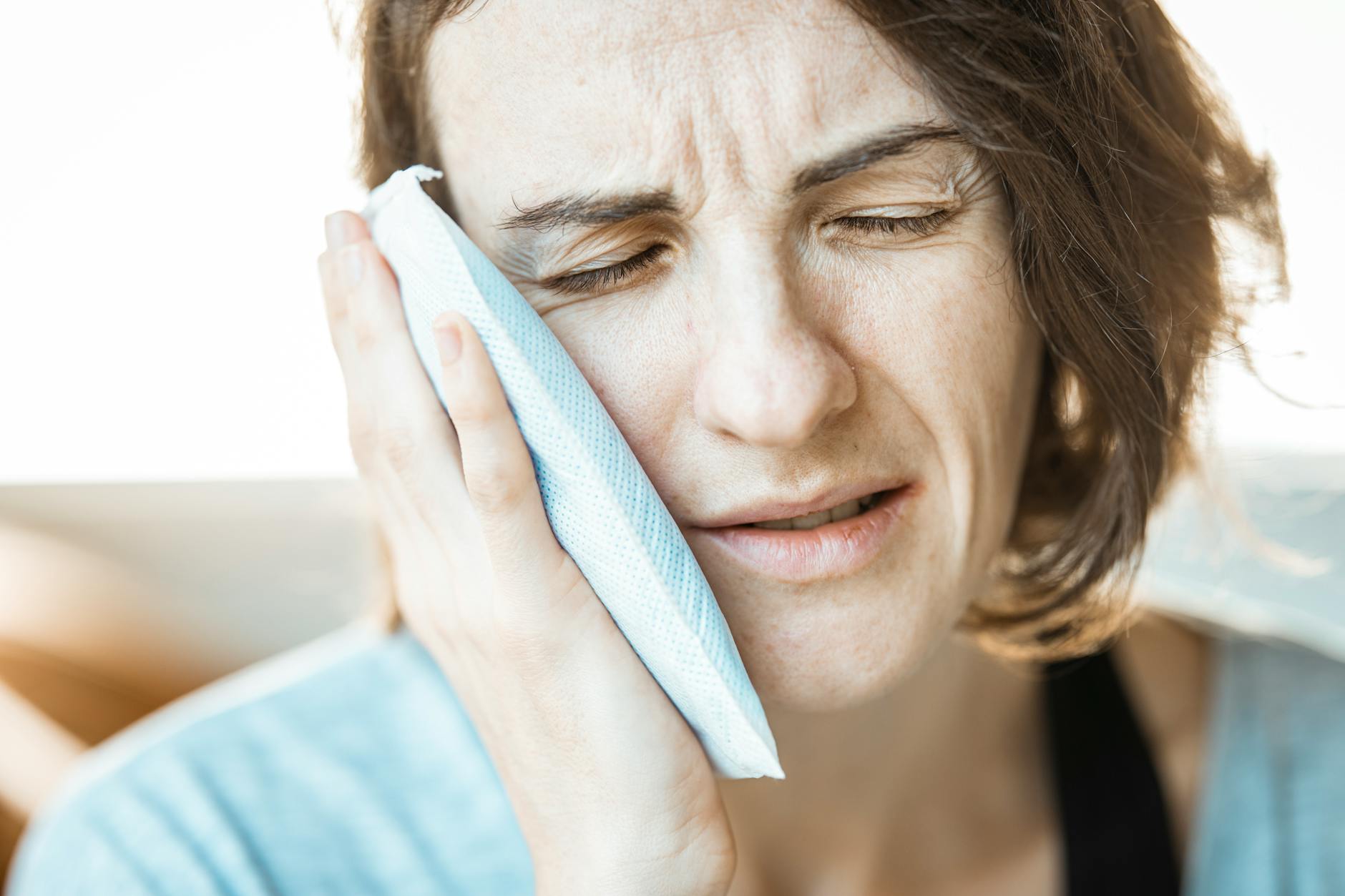Uncover the secrets to banishing cold sores for good with these 10 natural remedies and treatments. Say goodbye today!
Table of Contents
Cold sores, also known as fever blisters, are a common viral infection caused by the herpes simplex virus. They can be both painful and unsightly, often appearing on or around the lips. While they may be a nuisance, there are several natural remedies and treatment options available to help alleviate symptoms and speed up the healing process.
Causes and Triggers
Cold sores are caused by the herpes simplex virus, with the majority being attributed to HSV-1. The virus is highly contagious and can be easily spread through direct contact with an infected individual or sharing items like utensils or towels. Stress, fatigue, and weakened immune system are common triggers that can activate the virus and cause outbreaks.
Symptoms
The first sign of a cold sore is often a tingling or burning sensation, followed by the appearance of a red bump that soon turns into a cluster of fluid-filled blisters. These blisters eventually break open, forming a crust that can be both itchy and painful. Other symptoms may include swelling, redness, and tenderness in the affected area.
Treatment Options
While there is no cure for cold sores, there are several treatment options available to help manage symptoms and promote faster healing. Over-the-counter antiviral creams, such as docosanol or acyclovir, can help reduce the severity and duration of outbreaks. In severe cases, oral antiviral medications may be prescribed by a healthcare provider.
Applying a cold compress or ice pack to the affected area can help reduce pain and swelling. Keeping the area clean and dry is important to prevent further infection. Avoiding triggers, such as prolonged sun exposure or stressful situations, can also help prevent outbreaks.
Natural Remedies
Many natural remedies can help alleviate cold sore symptoms and promote healing. Some options include:
| Remedy | Details | Effectiveness |
|---|---|---|
| Tea Tree Oil | Apply diluted tea tree oil directly to the cold sore using a cotton swab | High |
| Ice Pack | Apply an ice pack to the affected area to reduce pain and swelling | Low |
| Manuka Honey | Apply a small amount of Manuka honey to the cold sore for its anti-inflammatory properties | Medium |
| Lysine Supplements | Take Lysine supplements daily to help reduce the frequency of cold sore outbreaks | High |
| Peppermint Oil | Apply diluted peppermint oil to the cold sore to help soothe pain and speed up healing | Medium |
-L-lysine supplements: L-lysine is an amino acid that may help reduce the frequency and severity of cold sore outbreaks.
-Tea tree oil: Known for its antiviral properties, tea tree oil can help reduce inflammation and promote healing.
-Aloe vera: Aloe vera gel can soothe pain and discomfort caused by cold sores while also promoting healing.
-Lemon balm: Studies have shown that lemon balm may help speed up the healing process of cold sores.
Prevention Tips
Preventing cold sores is possible by following a few simple tips:
-Avoid close contact with individuals who have active cold sores.
-Wash your hands frequently, especially after touching the affected area.
-Refrain from sharing personal items, such as lip balm or utensils, with others.
-Manage stress through relaxation techniques or meditation to decrease triggers.
Conclusion
While cold sores can be uncomfortable and inconvenient, they are manageable with proper care and treatment. By being mindful of triggers, following prevention tips, and utilizing natural remedies, you can say au revoir to cold sores and welcome healthier, happier lips.
Question 1: Can cold sores be cured completely?
Answer 1: Unfortunately, there is no cure for cold sores as they are caused by a viral infection. However, treatment options and natural remedies can help manage symptoms and speed up the healing process.
Question 2: Are cold sores contagious?
Answer 2: Yes, cold sores are highly contagious and can be spread through direct contact or sharing personal items with an infected individual.
Question 3: How long do cold sores typically last?
Answer 3: Cold sores usually last for about 7-10 days, with symptoms gradually improving as the virus runs its course and the blisters heal.
Question 4: Can stress trigger cold sore outbreaks?
Answer 4: Yes, stress is a common trigger for cold sore outbreaks as it weakens the immune system and can activate the herpes simplex virus. Managing stress through relaxation techniques can help prevent outbreaks.





